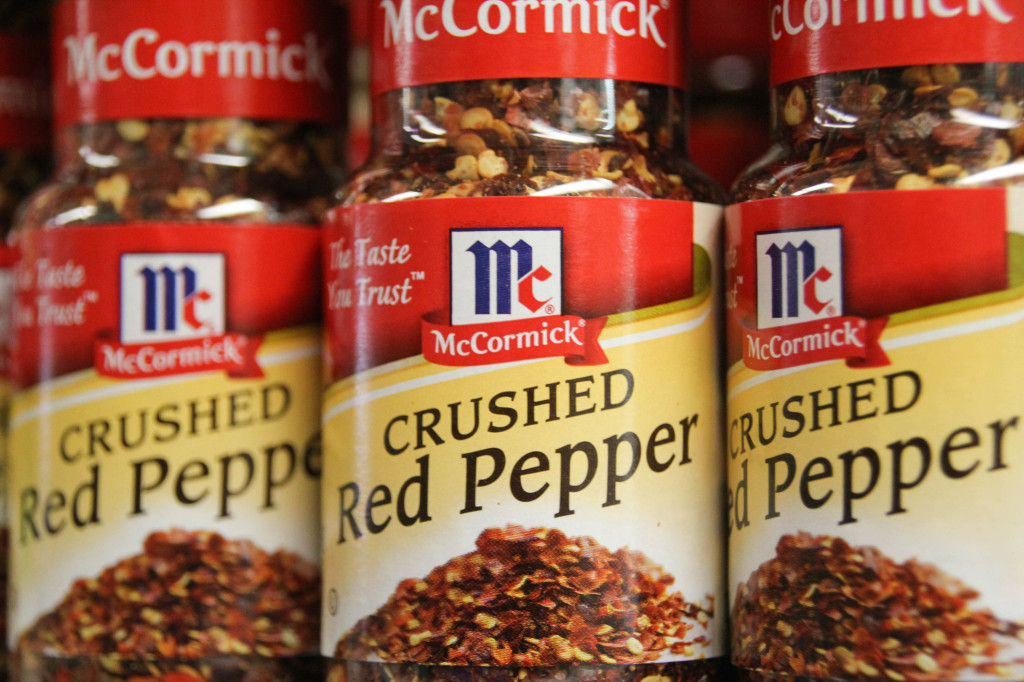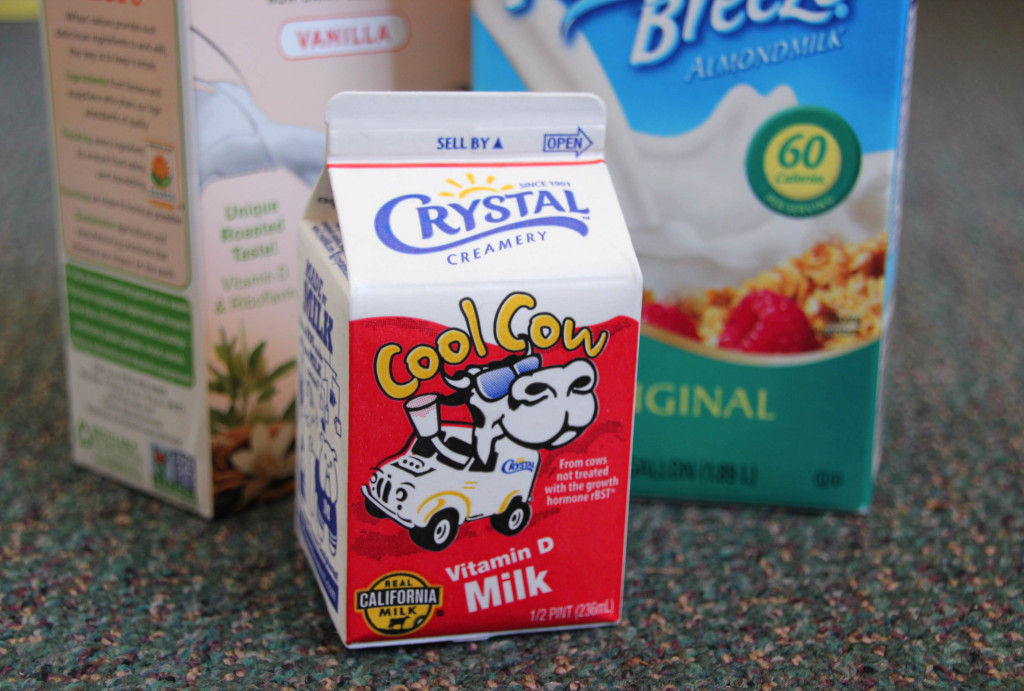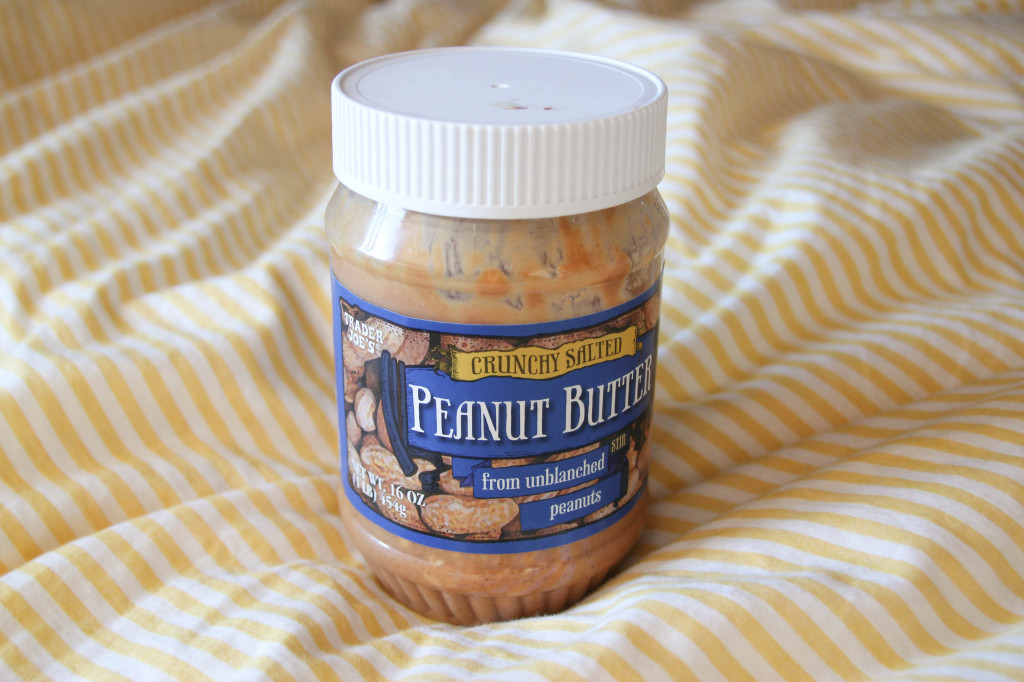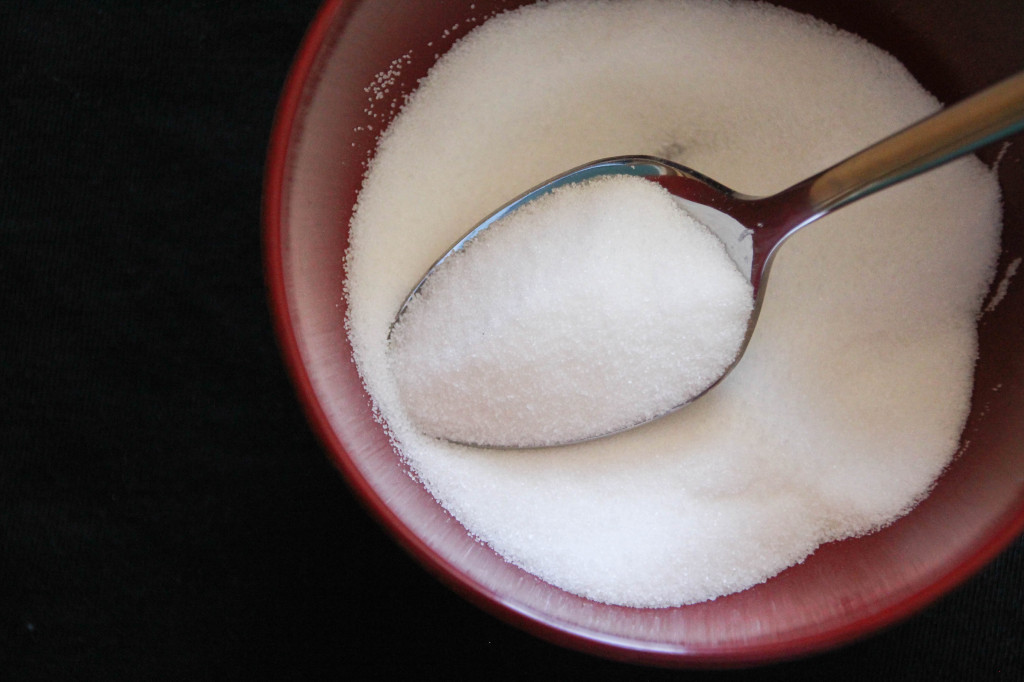Many of the world’s most delectable dishes boast high spiciness levels as an integral part of their cuisine. For those who have grown up consuming fiery food, it’s easy to ask for “extra spicy” or pick the plate indicating three chili pepper signs. But for those with untrained tastebuds, the range of menu choices seems much narrower.
Indeed, the burning sensation we feel when eating spicy food is no illusion. An active ingredient known as capsaican, which binds to nerve receptors in our mouths, is responsible for the pain we experience. But even if your mouth feels like it catches fire every time you eat something even mildly hot, there’s no need to worry. Here are some effective ways to increase your spicy food tolerance and perhaps, introduce you to a whole new world of flavors.
1. Start small

Photo by Helen Poon
Building spicy food tolerance can be comparable to getting in shape. You never start with the heavy weights; you build up from the lighter ones. The same goes for spicy food–it’s better to start off with the mild dishes before gradually progressing to the medium and then the hot. Some tips include keeping spicy sauces on the side to add at your own discretion, adding Tabasco to your ketchup or spicing up your soup with a few dashes of red pepper flakes.
2. Keep coolants nearby

Photo by Helen Poon
Having a glass of milk on the side can go a long way when tackling spicy foods. Coolants will help you extinguish that burn in your mouth and allow you to savor the flavor without being constantly in pain. A great list of what sorts of coolants to use can be found here.
3. Balance with sugar, acids and fat

Photo by Helen Poon
Sugars, acids and fat are an excellent way to balance out the spiciness in food. Sugars and fat mellow out fiery flavors, while acids tend to add a sharpness that can keep up with the heat. When you’ve added too much spice to a dish, a spoonful of sugar, vinegar, lemon/lime juice or even peanut butter can effectively tone down the heat.
4. Be consistent but don’t force it

Photo by Helen Poon
In order to increase your spicy food tolerance, it is necessary to eat spicy food on a regular basis. If you refuse to consume spicy foods or if you eat them at yearly intervals, chances are you’re not going to get very far in building your tolerance. Be consistent but also gradual with the amount of spiciness you feed your body. Don’t force yourself to eat anything that your stomach cannot handle or anything that repeatedly causes you pain. Spicy foods are not for everyone.
Interested in some great spicy food recipes? Check out these related articles:

